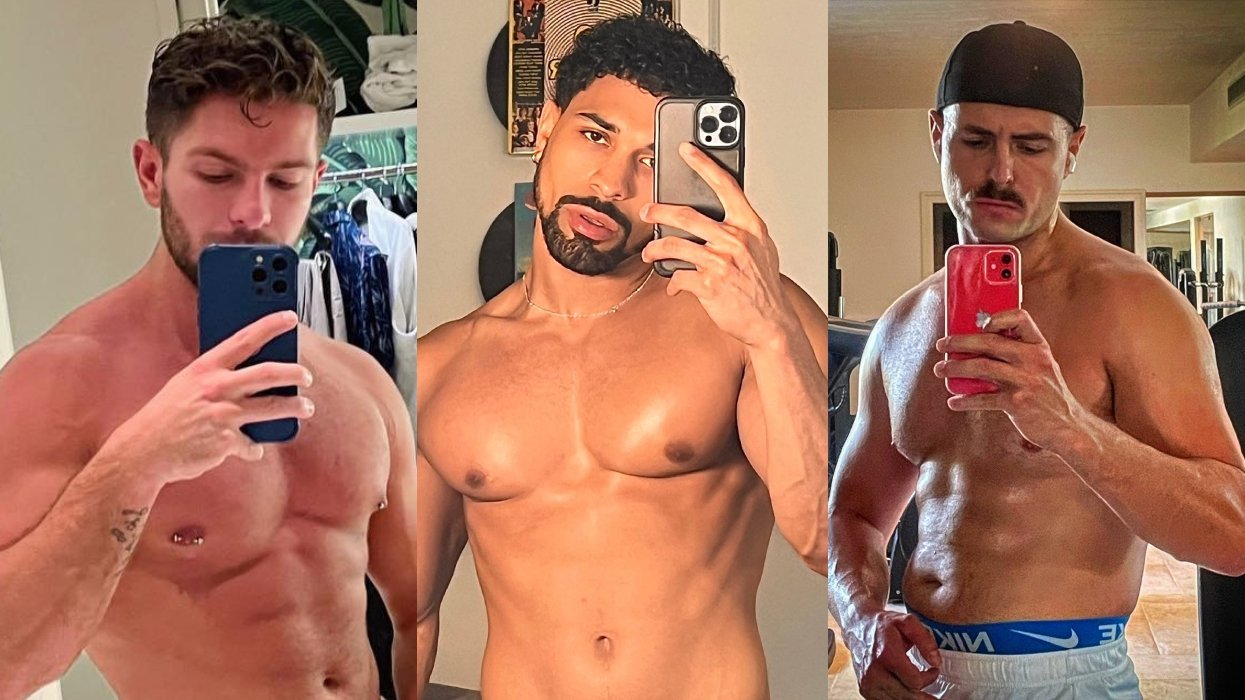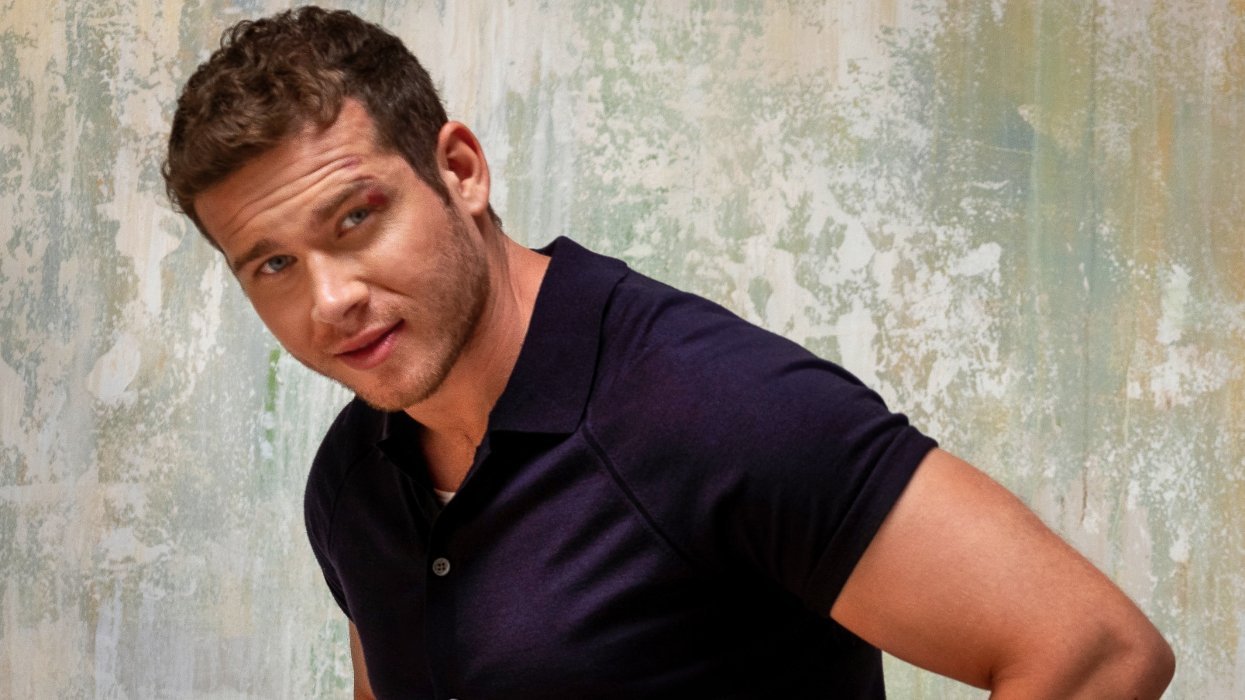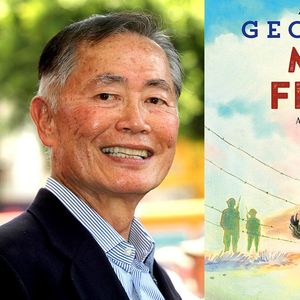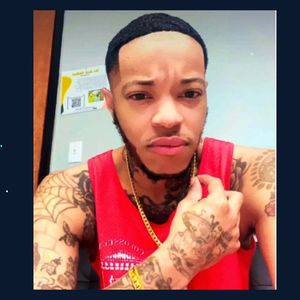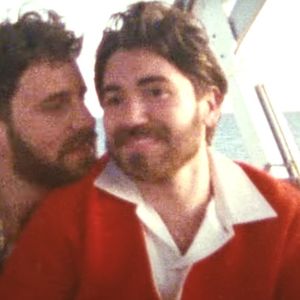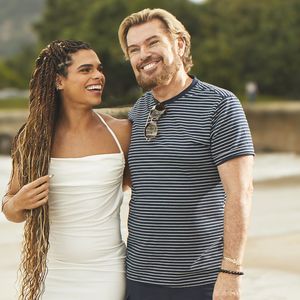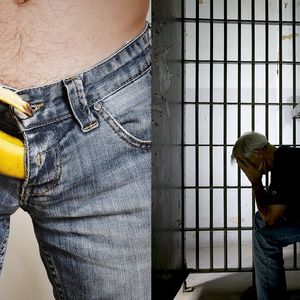Pictured: Ezra Koenig, Rostam Batmanglij, Chris Baio, Chris Tomson | Photo by Alex John Beck
Last week, Vampire Weekend released their latest album, Modern Vampires of the City, a collection that finds the acclaimed New York quartet building on their first two records' African-inspired sounds and highbrow lyrics to create a sharp, vibrant statement about faith, nostalgia, urban living, and death.
They've always had a knack for droll wordplay and for capturing the vibes of their various milieus (Cape Cod, California, Columbia U.), but the group has never sounded so aware of time and space, of their pasts and presents, as they do here. As frontman Ezra Koenig sings on the track "Step": "Wisdom's a gift, but you'd trade it for youth/Age is an honor--it's still not the truth." Potent stuff, yes, but while Vampire Weekend are digging deep, these soul-searching songs come packaged in crisp, sun-soaked arrangements, in large part thanks to the band's gay producer and multi-instrumentalist, Rostam Batmanglij.
Vampire Weekend have called Modern Vampires the final installment of a trilogy. So what exactly is the story they've been telling since their self-titled 2008 debut? We tracked down Batmanglij--who recently revealed to us some of the group's inspirations behind the new album--to find out.
Modern Vampires of the City is your third album. What did you want to do differently this time around?
A lot of journalists in Europe were saying, "This album doesn't sound very African." But so much of what we love about African music is the way the instruments interact. That's something we've internalized. It's at the root of a lot of these songs in ways that aren't obvious, but to us they feel like part of the DNA.
The record has a gospel vibe to it. You've used organs and choirs before, but they're more dominant now. What inspired you to head in that direction?
Well, there's one album that has been a big touchstone for me, and that's Plastic Ono Band, the John Lennon album. There were certain religious elements of it that wove themselves into the DNA of this record early on. It started with the song "Obvious Bicycle," a piece that was just piano and drums that I sent to Ezra [Koenig, the band's lead singer] even before we finished our second album, Contra. Later, when we started talking about it, he said, "The way you play piano there, those chords remind me of gospel." Then we started thinking about tackling some of those musical ideas. I grew up in a somewhat Christian environment. My Iranian parents wanted me to feel American, and they chose to send me to a school where Christianity played a part. I also studied classical music, and anyone who studies classical music is going to study religious music--that's what Bach's music was.
So did you know your take on gospel and classical was going to be a theme for the album?
Not precisely. There are also a lot of the organs on the album, and what drew me to them was actually 1960s Bob Dylan records that I absolutely loved, like "Positively 4th Street" and "Queen Jane Approximately" and "Like a Rolling Stone." I just thought, We should try to do a song that has both organs and piano the way Dylan did. That really reminded me of a specific moment in time, which by coincidence is around the time the album's cover image was taken.
1966, right?
Yeah, and that's just coincidental. I've always thought a goal of our recordings should be to give them a quality where you're not able to place them, where you make people ask, "When was this made?" With this album, I feel like we're really fucking with people on that level. While it's really modern, there are elements of it that seem like they're from another era.
You told me in 2010 that when you were producing Contra, your fascination was 1980s reverb. What were you vibing on this time around?
With this record, we thought about how a lot of rap is made, which is by taking old drums that were recorded on tape and then fed into a drum machine and really manipulated and chopped up. In that case, you're making a beat and you're not precious with what's there. You're just trying to make something new out of it. So we did that on this record, too. Once we recorded the drums, we treated them like raw materials and started cutting them up and damaging them, being mean to them a little bit. It gave them an old quality, but they still have a unique warmth and dynamic.
The band considers Modern Vampires of the City the end of a trilogy. So what's the story you've told over the past five years?
Before we finished the artwork for our first record, we thought maybe it would be important for our first few albums to feel like they belong together on a bookshelf. After we finished writing and recording this album, we realized that-- not just in terms of artwork, but musically and lyrically--there are ways in which the three albums were connected. It was like there was this invisible hand guiding us. There are ways you see us evolve as individuals, and there are also these sorts of characters in the songs. Some of them are based on us, and some of them are simply our identities.
How do you think you've evolved with this album?
We've always cared about the world around us, and I think on this album we've figured out, musically and lyrically, how to talk about that in a way that we hadn't before. If you listen to the song "Ya Hey," it's about opposing forces, each one trying to convince you of its righteousness. That doesn't mean either is truly right, and I think that's important to think about. I think that's a theme we engage with in our music as well--not just in our lyrics.
From listening to the lyrics on this album, you guys seem fixated on youth, death, and even dying young. There's the song "Diane Young," a play on "dying young."
It's definitely something we think about as we get older.
Dying?
Yeah.
So does your music offer any solution to dealing with death? It seems existential at times.
Yeah, I think music is a way I measure my life. The music I've written is the closest thing I've had to a diary or a journal. I've always wanted to keep a journal, but I've never been capable of it. Having an album that marks a certain period of time serves the same purpose. I have these little iPhone recordings of pretty much every musical idea I've had.
With the places it mentions and the themes it explores, Modern Vampires of the City feels like a very New York album. How has being in New York for the last decade affected your music?
Tremendously. When I was talking about those Dylan songs, the way the organ and piano interact, I was thinking how they feel like quintessential New York music. I had a notion of New York music even before I got to New York. Maybe that's something that drew me to New York.
Do you think Vampire Weekend is contributing to the New York musical cannon?
Well, that's interesting. There are a lot of things we didn't even realize when making these albums. Like, if you take our album covers, one is an inanimate object--a chandelier--but it's in Riverside, in a real place in New York. The next is a photo of a person that was likely taken in New York in 1983. That's how I found it--it was labeled "New York City, 1983." Then the third one is a picture of an old, smoggy landscape of New York. Also, we've had songs on every album that have taken place in New York. When I was writing the lyrics for "Campus," I was specifically thinking of Columbia University. And with the song "Taxi Cab," when the word "Uptown" is used, it's not just any uptown, it's Uptown Manhattan.
Everything that makes up Vampire Weekend--whether it's African music or classical music--has its place here in New York. We even think of this album as its own city. We have songs where suddenly the sound of a crowd leaks in--on "Obvious Bicycle" and "Step," for example. We thought that was a great way to create texture in our recordings, but it also figures into the idea of the album being a city. Our music has New York's DNA in it. We can't help but write about it.
Watch the director's cut of their April 28 Roseland Ballroom concert performance:








